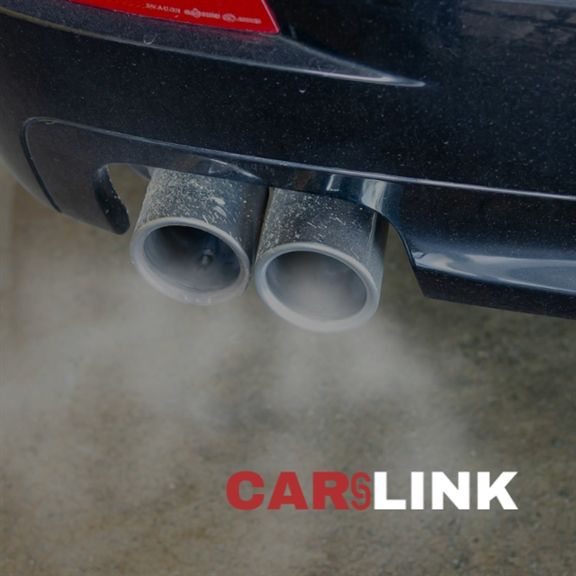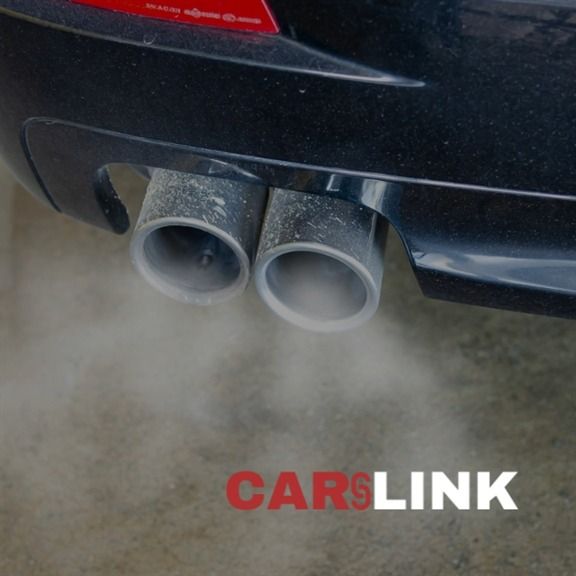
The Impact of the 2035 Ban on New Petrol and Diesel Cars on the UK Car Market

The UK automotive industry is on the brink of a monumental shift. With the government’s 2035 ban on new petrol and diesel car sales looming, the market is undergoing significant changes that will ripple through manufacturers, dealerships, and consumers alike. This bold move is a key part of the UK’s strategy to achieve net-zero emissions by 2050, but it’s already stirring conversations, challenges, and opportunities within the used car market. Let’s explore what this ban means for the UK car market, its impact on consumer behavior, and how you can navigate the evolving landscape.
Understanding the 2035 Ban
In 2020, the UK government announced plans to ban the sale of new petrol and diesel cars – including hybrids – by 2035. This policy is designed to accelerate the nation’s transition to electric vehicles (EVs) and reduce greenhouse gas emissions. While the ban applies only to new vehicle sales, its ripple effects are already reshaping the automotive ecosystem.
Key Changes in the Market
A Surge in EV Adoption
The 2035 ban has acted as a catalyst for EV adoption. Manufacturers are ramping up production of electric vehicles, offering a wider variety of models to suit different budgets and preferences. As a result, EV registrations in the UK have surged, accounting for nearly 20% of new car sales in 2024, compared to just 2% in 2018. This shift will likely continue as manufacturers phase out internal combustion engine (ICE) vehicles in preparation for the ban.
Evolving Used Car Market Dynamics
With the ban targeting only new petrol and diesel cars, the used car market is expected to see increased demand for ICE vehicles in the short term. Many consumers who are hesitant to switch to EVs – due to high upfront costs, range anxiety, or charging infrastructure concerns – may turn to pre-owned petrol and diesel cars as a more affordable and familiar option.
Pressure on Charging Infrastructure
The EV revolution requires a robust charging infrastructure to support millions of electric vehicles on UK roads. Although the government has pledged significant investments in public charging networks, concerns remain about the availability of chargers, particularly in rural and underserved areas. This issue will likely influence consumer confidence and the pace of EV adoption.
The Impact on UK Car Buyers
The transition to EVs and the 2035 ban will directly affect car buyers in several ways:
- Cost Considerations
- Electric Vehicles: While EV prices are gradually decreasing, they remain higher than their ICE counterparts. However, government grants, reduced running costs, and exemptions from congestion charges are making EV ownership more appealing.
- Used ICE Vehicles: Prices for used petrol and diesel cars may rise in the short term as demand grows among buyers seeking affordable alternatives to new EVs.
- Depreciation Trends
- ICE vehicles may experience accelerated depreciation as the ban approaches, especially if EVs become more affordable and charging infrastructure improves. Buyers must weigh the long-term value of owning an ICE vehicle against potential resale challenges.
- Insurance and Maintenance
- EVs generally have lower running costs due to fewer moving parts and cheaper maintenance. Additionally, insurers are increasingly offering competitive premiums for EVs, making them a cost-effective option in the long run.
- Charging Infrastructure
- Access to reliable home or public charging will be a key consideration for buyers. Those without private driveways may face challenges in charging their vehicles conveniently, influencing purchasing decisions.
Opportunities for the UK Used Car Market
Despite the challenges, the 2035 ban presents unique opportunities for the used car market:
- Increased Demand for Pre-Owned EVs
- As new EV prices fall and battery technology improves, more consumers will consider purchasing pre-owned electric vehicles. This trend will create a robust secondary market for EVs, offering buyers a cost-effective entry point into electric mobility.
- Specialization in Hybrid Vehicles
- While hybrids are also included in the ban, they remain a popular choice for buyers seeking a middle ground between petrol and electric. Used car dealerships can capitalize on this demand by offering a diverse range of hybrid models.
- Education and Transparency
- Many consumers remain uncertain about EVs and their long-term benefits. Dealerships that provide clear, transparent information and educational content – such as CarsLink’s guides and live video viewings – can build trust and position themselves as industry leaders.
- Sourcing Affordable ICE Vehicles
- In the short term, dealerships can cater to buyers seeking reliable, affordable petrol and diesel cars while emphasizing long-term considerations, such as resale value and environmental impact.
Challenges to Watch
The used car market must also navigate several challenges as the 2035 ban approaches:
- EV Battery Longevity: Consumers may be wary of buying used EVs due to concerns about battery degradation. Dealerships that offer warranties or detailed battery health reports can alleviate these fears.
- Regulations and Compliance: As emissions standards tighten, dealerships must ensure their vehicles comply with evolving regulations, particularly in low-emission zones.
- Market Uncertainty: Fluctuating government policies, such as potential tax reforms or changes to the ban timeline, may create uncertainty for buyers and sellers alike.
Navigating the Transition: Practical Tips for Buyers
If you’re considering buying a car in the UK amid these changes, here are some practical tips:
- Understand Your Needs
- Assess your driving habits, budget, and access to charging infrastructure before deciding between an ICE vehicle, hybrid, or EV.
- Research Thoroughly
- Compare models, check customer reviews, and explore dealership services, such as CarsLink’s live video viewings, to make informed decisions.
- Consider Long-Term Costs
- Factor in running costs, maintenance, insurance, and potential depreciation when evaluating your options.
- Stay Updated
- Keep an eye on government incentives, tax reforms, and market trends to maximize your savings and make smart purchasing decisions.
- Work with Trusted Dealerships
- Partner with reputable dealerships like CarsLink, which prioritize transparency, customer education, and hassle-free service.
A Roadmap to the Future
The 2035 ban on new petrol and diesel cars marks a pivotal moment for the UK automotive industry. While the transition to electric mobility presents challenges, it also creates opportunities for innovation, growth, and sustainability. For car buyers, understanding the evolving market dynamics and making informed decisions will be key to navigating this shift successfully.
At CarsLink, we’re committed to supporting you every step of the way. Whether you’re exploring pre-owned ICE vehicles, hybrids, or EVs, our team offers expert guidance, transparent information, and a customer-first approach to ensure a smooth and satisfying buying experience. Contact us today to schedule your live video viewing or explore our range of high-quality pre-owned cars.
Let’s navigate the road to 2035 together – one informed decision at a time. #CarsLink #UKCarMarket #EVTransition #2035BanImpact